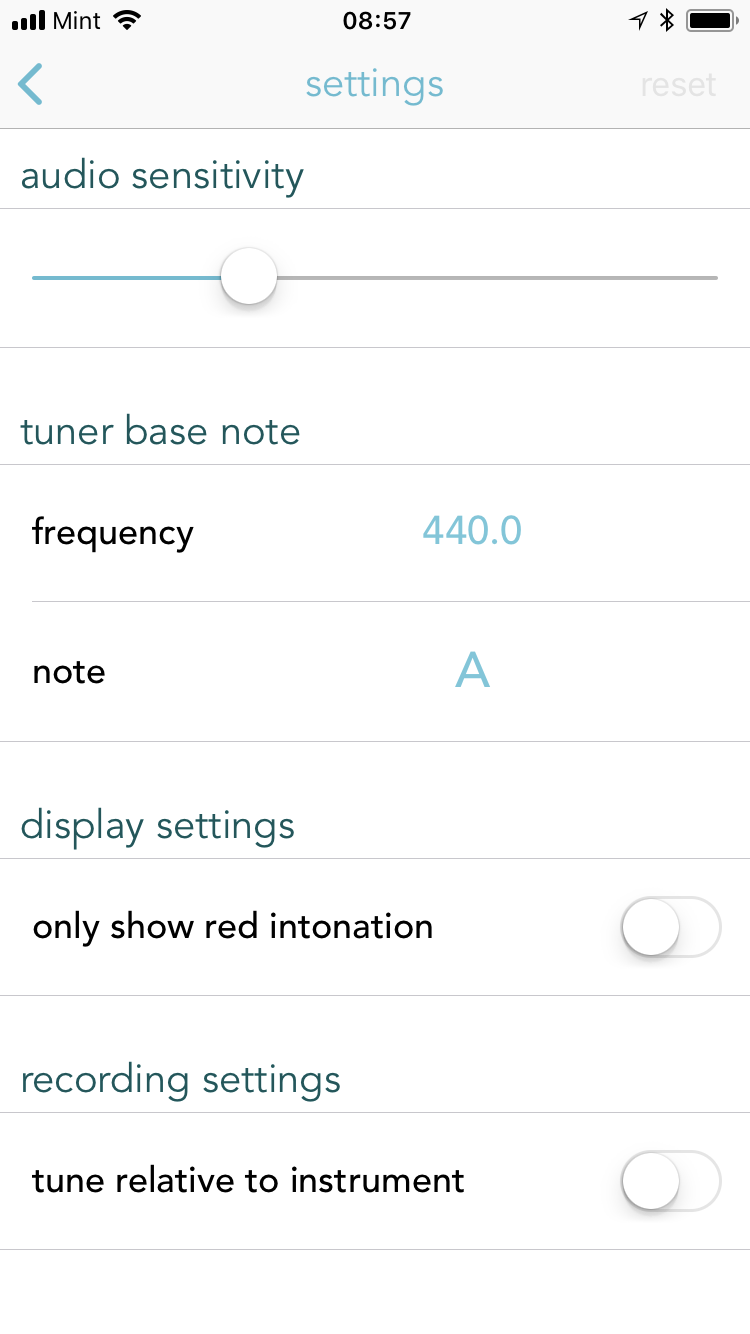For me, frustration or even anger during practice sessions used to be an almost-weekly event.
I can vividly remember some practice sessions (or after-audition meltdowns) where I would be in a Very Bad Place mentally. Like, keyboard-tray-sized-hole-in-the-wall Bad Place.
It took a long time for me to mature enough to learn how to deal with these sorts of frustrations due to misplaced beliefs. But I don’t think I’m alone in saying that this kind of growth has important to basically every aspect of my life.
Change What You Can
The process of reducing frustrations is easy to remember – all you have to do is remember the first four letters of the alphabet.
- A – The adversity. A missed note, a bombed audition, bad traffic, lack of a promotion, etc.
- B – The belief that is causing your frustration. Look for words like “should” or “must” to find these beliefs. “I should have won that audition!”
- C – The consequence(s) of that belief. If the belief is rigid or dysfunctional, these will be negative (like the aforementioned hole in the wall). If the belief is flexible or useful, the consequences are likely to be positive.
- D – Disputing your (dysfunctional) beliefs. Once you’re able to identify your ill-formed beliefs, you can start to reform your expectations and beliefs to more correctly align with reality.
This four-step process is the cornerstone of Rational Emotive Behavior Therapy (REBT) (the first form of modern-day Cognitive Behavioral Therapy), developed by psychologist Albert Ellis.
Ellis literally wrote a book about reducing frustration: How To Stubbornly Refuse To Make Yourself Miserable About Anything—Yes, Anything.
This book borrows ideas from lots of ancient and modern philosophy, but probably the central thought is best summarized as this quote from the Stoic philosopher Epictetus:
“Men are disturbed not by things, but by the views which they take of them.”
Enchiridion of Epictetus
If you want more Stoic philosophy, the books by Ryan Holiday are highly-recommended. His collection of daily Stoic meditations are easy to read in under 5 minutes a day, and his books The Obstacle is the Way and Ego is the Enemy are also both highly-recommended by me.
I also wrote a bit about reducing frustration (and “rage-quitting”) way back in 2017. The five strategies linked in this post are also very useful!





